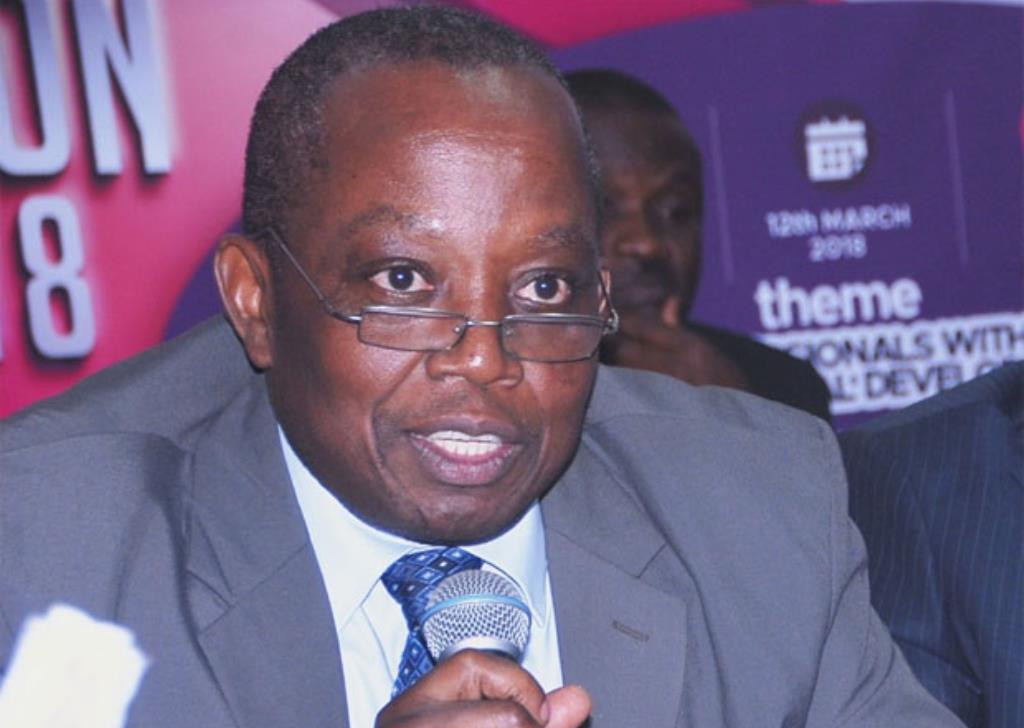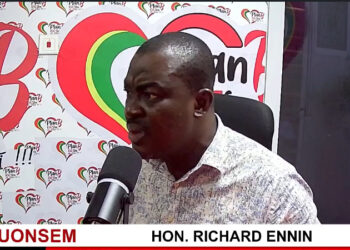The Audit Service Board has begun an audit of the foreign travels of the Auditor-General, Mr Daniel Yaw Domelevo, from 2017 to 2020.
A private firm appointed by the board, K&A Accounting Services, is undertaking the audit, which will also cover other top management staff of the Audit Service.
Documents sighted show that the private firm is expected to audit GH¢2.1 million and $199,000 “spent on foreign travels by the Auditor-General and top management staff”.
Different path
Mr Domelevo has criticised the appointment of a private firm to audit his foreign travels, describing it as a breach of the Constitution because per the Constitution only Parliament had the mandate to appoint an auditor to audit the accounts of the Audit Service.
In response, the Audit Service Board has hit back, saying it was within its mandate, as prescribed by law, to appoint the private firm to engage in the activity being complained about by the Auditor-General.
A letter, signed by the Chairman of the Audit Service Board, Professor Edward Dua Agyeman, dated October 8, this year and addressed to Mr Domelevo, accused him (Domelevo) of preaching accountability and “claims to be fighting corruption, yet unwilling to subject himself and his office to audit scrutiny”.
Mr Domelevo’s case
Making his case, Mr Domelevo wrote a letter to the Board Chairman of the Audit Service Board and said the appointment of a private firm by the board to conduct the audit was a violation of Article 187 (15) of the 1992 Constitution and was thus unconstitutional.
The letter, dated September 28, 2020, was copied to the Speaker of Parliament and the Secretary to the President.
The Auditor-General further said Article 189 of the Constitution which established the Audit Service Board did not give the board the power to commission audits into the activities of his office.
“Consequently, the accounting firm so appointed lacks the mandate to audit, review or examine documents and or records relating to the accounts of the Office of the Auditor-General,” he said.
Apart from the 1992 Constitution, the Auditor-General further said the move by the board violated statutes such as the Audit Service Act, 2000 (Act 584), the Public Financial Management Act, 2016 (Act 921) and the Public Procurement Act, 2003 (Act 663).
“I have no difficulty if auditors are appointed (at any time) in accordance with the Constitution to audit the accounts of the Office of the Auditor-General. It is of utmost importance that we obey the laws of this country and I will ensure compliance at all times,” he added.
Article 187 (15) of the 1992 Constitution stipulates that “the accounts of the Office of the Auditor-General shall be audited and reported upon by an auditor appointed by Parliament”.
Board’s response
Explaining its position, the Audit Service Board denied breaching any law in commissioning the audit. Prof. Dua Agyeman said per Article 189 (3) (b) of the 1992 Constitution, the board had the power to make regulations through a constitutional instrument “for the effective and efficient administration of the Audit Service”.
In view of Article 189 (3) (b), he said, the board came out with the Audit Service Regulations, 2011 (C.I.70), which states that it (board) shall be “ultimately accountable and responsible for the overall performance of the Audit Service and also secure its public sector financial management and accountability process of the country”.
Flowing from that, Prof. Dua Agyeman said, it was the duty of the board to ensure accountability of all funds entrusted to the Audit Service.
“‘In that instance, the board observes that the Auditor-General and the top management staff of the service had made many official travels out of the country, without producing any reports to the board or with nothing to show for such travels,” he said.
Also, he said, the board engaged the consultants based on Section 8 of Act 584 which “allows the board to engage the services of such consultants and other experts as it may consider necessary for the efficient discharge of the duties of the service”.
Bad blood
Mr Domelevo and the Audit Service Board had been at loggerheads with him on many occasions, deepening the rift between them. The Auditor-General had accused the board of undue interference and trying to dictate to him, while the board had also accused him of failing to recognise its mandate, as enshrined in the 1992 Constitution.
In one instance, the board directed Mr Domelevo to proceed on his accumulated leave, but he protested, insisting that the board was not his appointing authority









Discussion about this post